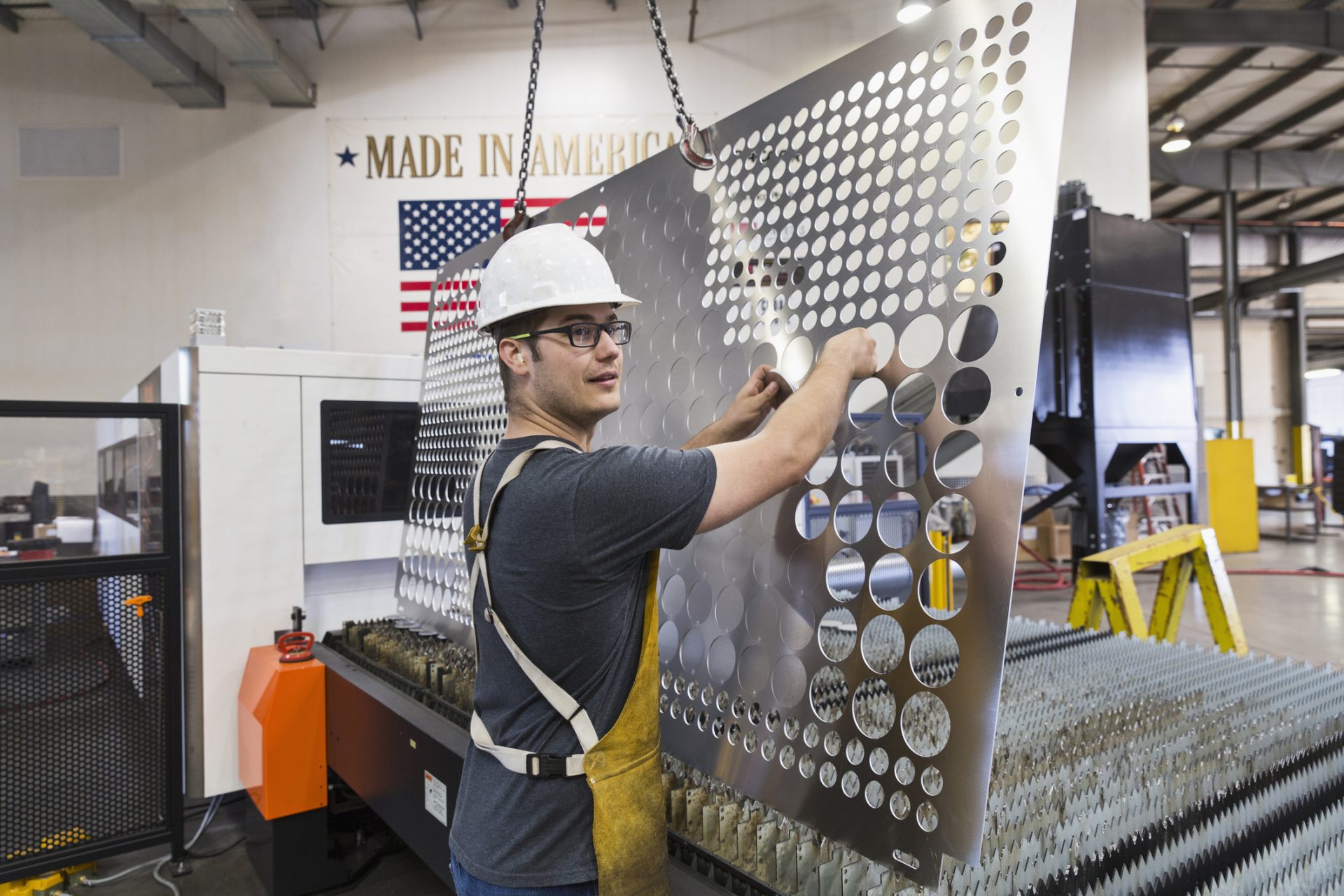One generation wants a four-day workweek a lot more than the others
The possibility of a nationwide four-day workweek has become an increasingly popular idea in the United States. But there is one generation more in favor of this change than the others: Millennials.
Some of the latest polling on the issue from Newsweek that was conducted by Redfield and Wilton Strategies discovered that of the 4,000 individuals surveyed between April 6th and 7th, 63% wanted to shift to a four-day workweek.
46% of survey respondents noted they thought it would make workers more productive but the real interesting finding from the survey’s results was that Millenials favored the change far more than any other working generation.
“Millennials outpaced all other age groups, with nearly three-quarters (74 percent) of those surveyed wanting reduced working hours,” Newsweek’s Aliss Highman explained about the survey’s results.
“Of those, nearly half (44 percent) said they were strongly in favor of a shorter working week, and a further 30 percent indicated general support for the idea. Only eight percent of millennials opposed the idea,” Highman told CBC News.
Why some workers want a decreased workweek is an easy question to answer. Instead of working 40 hours a week, most employees would see their hours reduced to 32 hours and would get an extra day off.
Companies and cities all over the world are already implementing a four-day workweek pilot program and they are seeing amazing benefits. For example, a 2023 global study revealed how a reduced workweek can help both employers and employees.
"We're seeing that shorter working weeks lead to happier, healthier employees," noted Joe O'Connor, the former CEO of 4 Day Week Global and one of the people who helped lead the four-day workweek study.
"They lead to organizations that are better positioned to attract and retain talent, and actually, very surprisingly for people, they're also leading to organizations which are more productive," O'Connor continued.
Forty-one companies took part in the study with an average number of employees in the 11 to 25 range, and of those companies that participated, thirty-five said they were planning to keep or wanted to keep their new working schedule.
More for you
Top Stories























